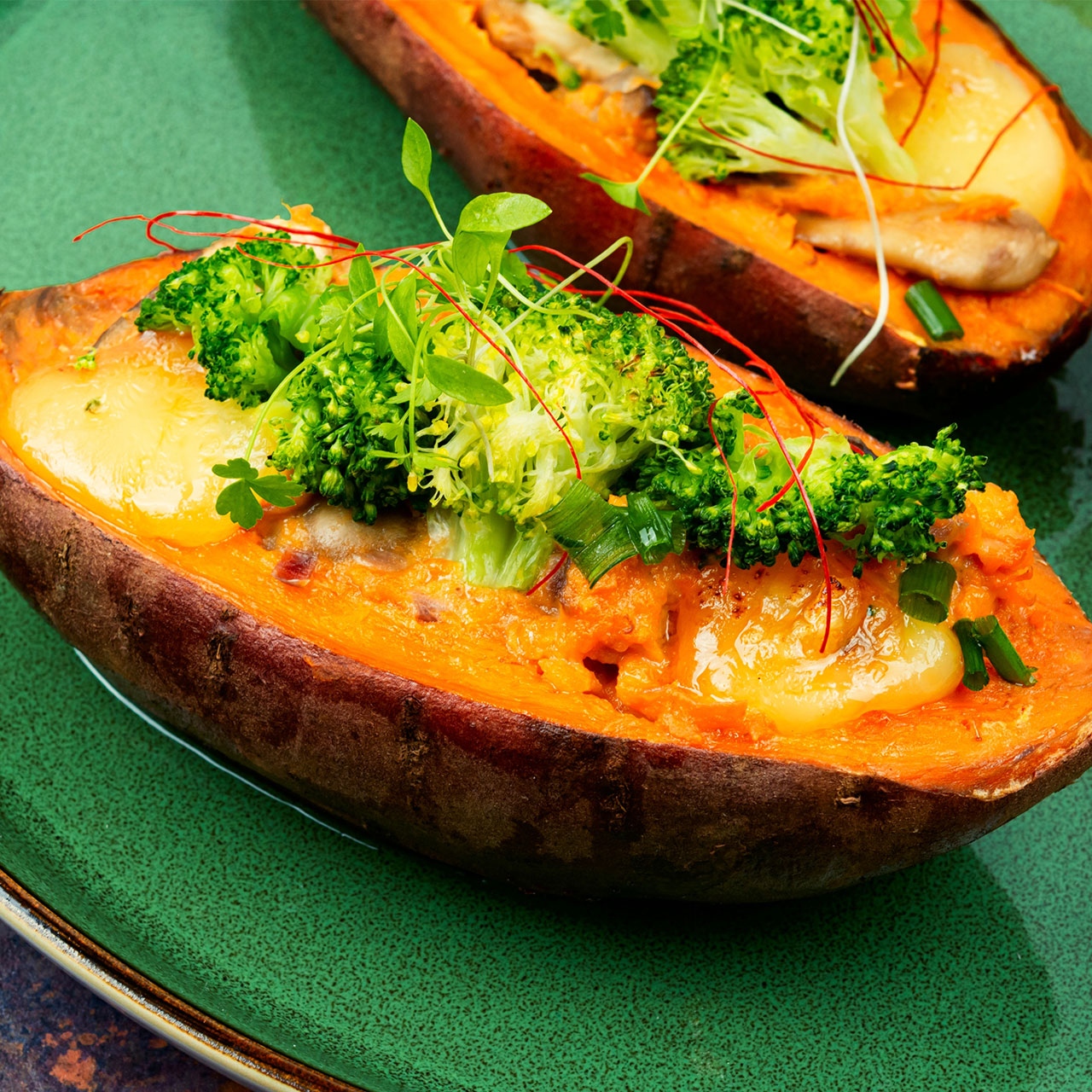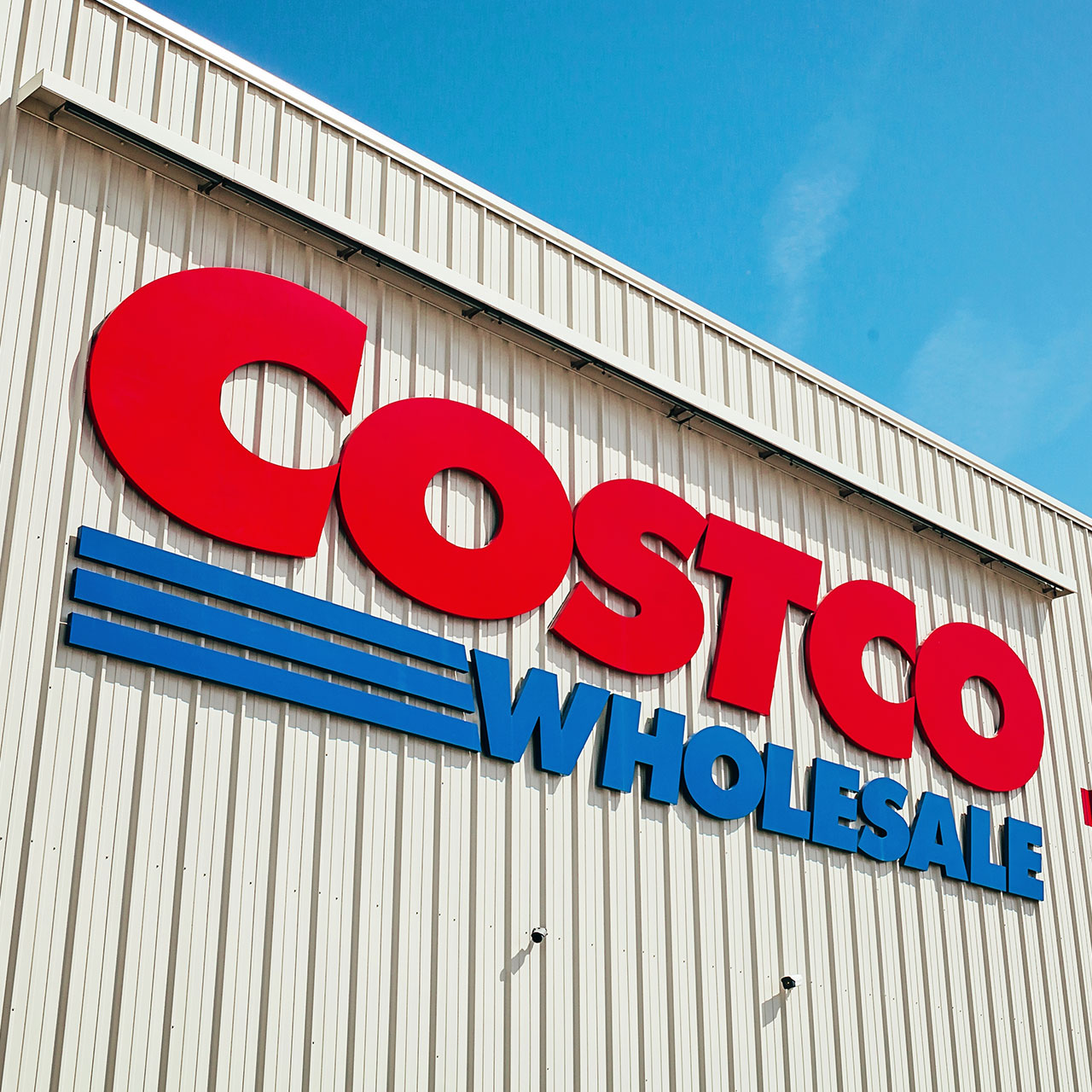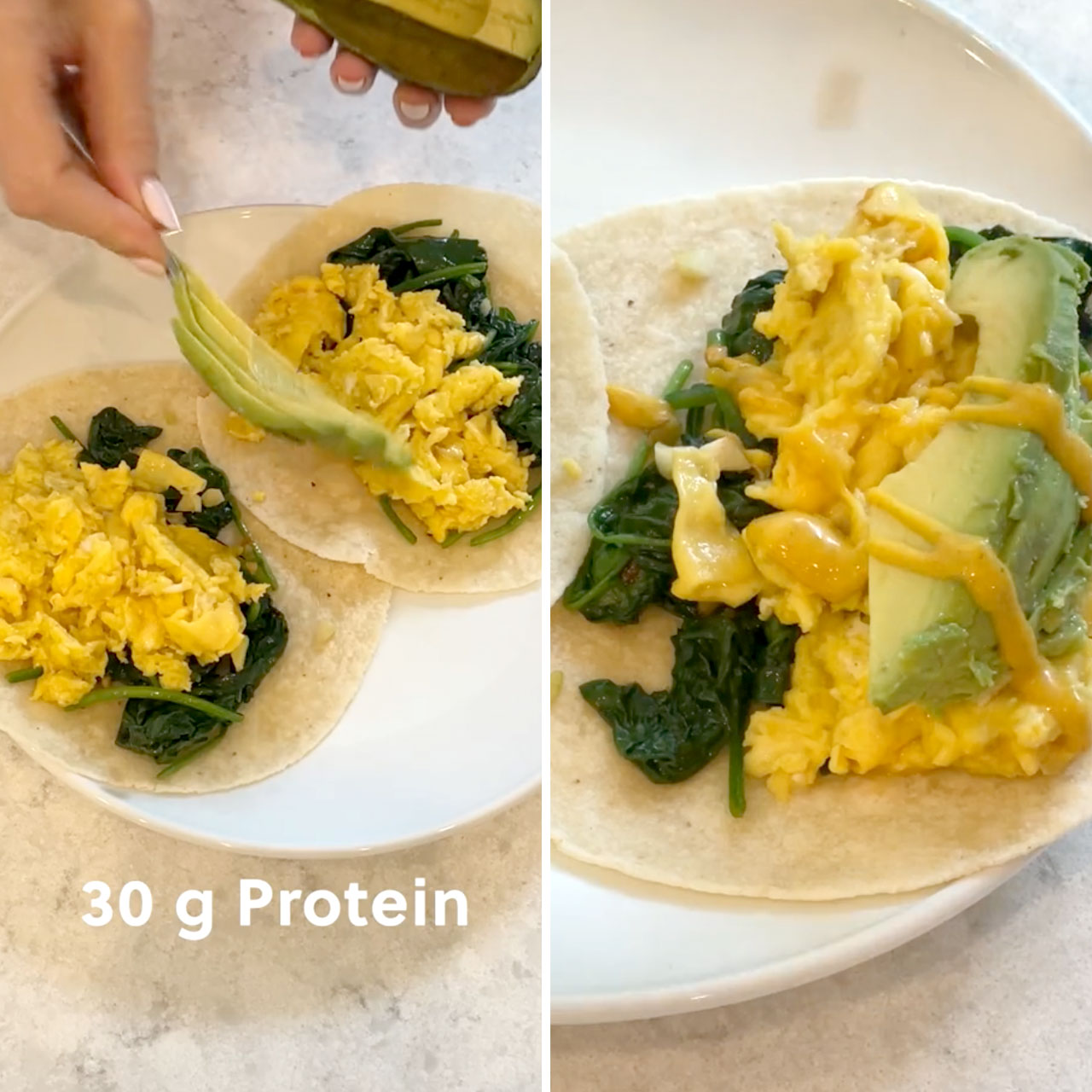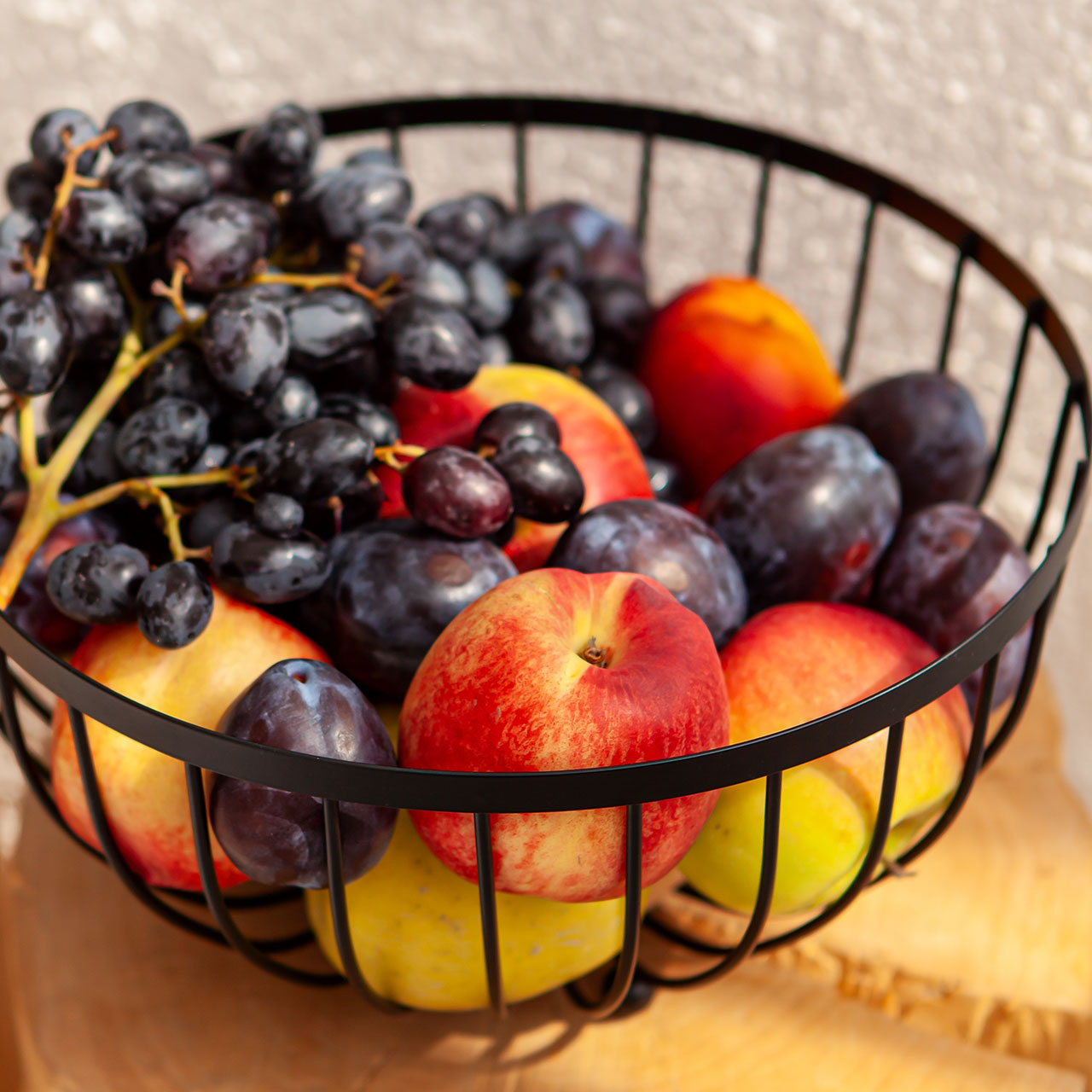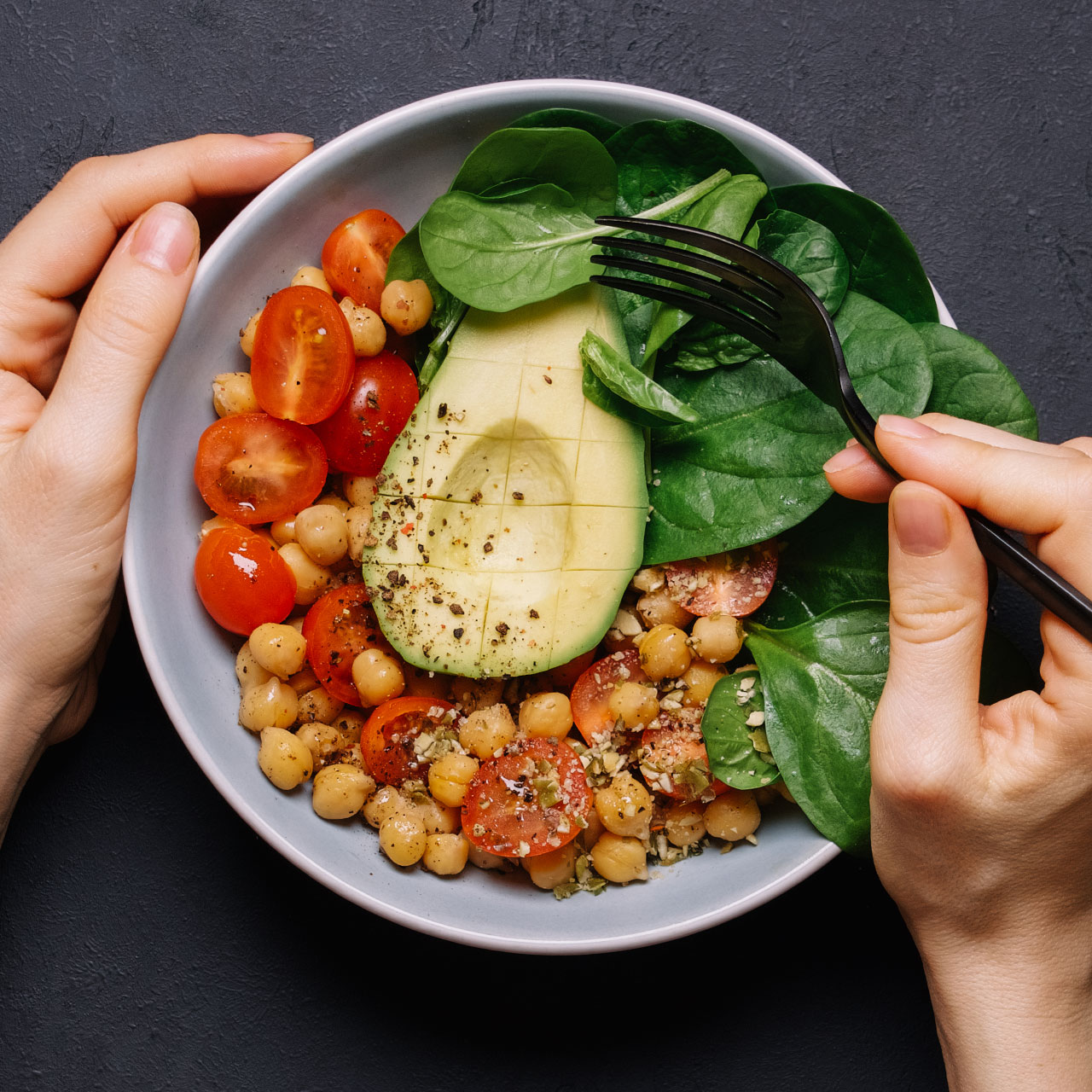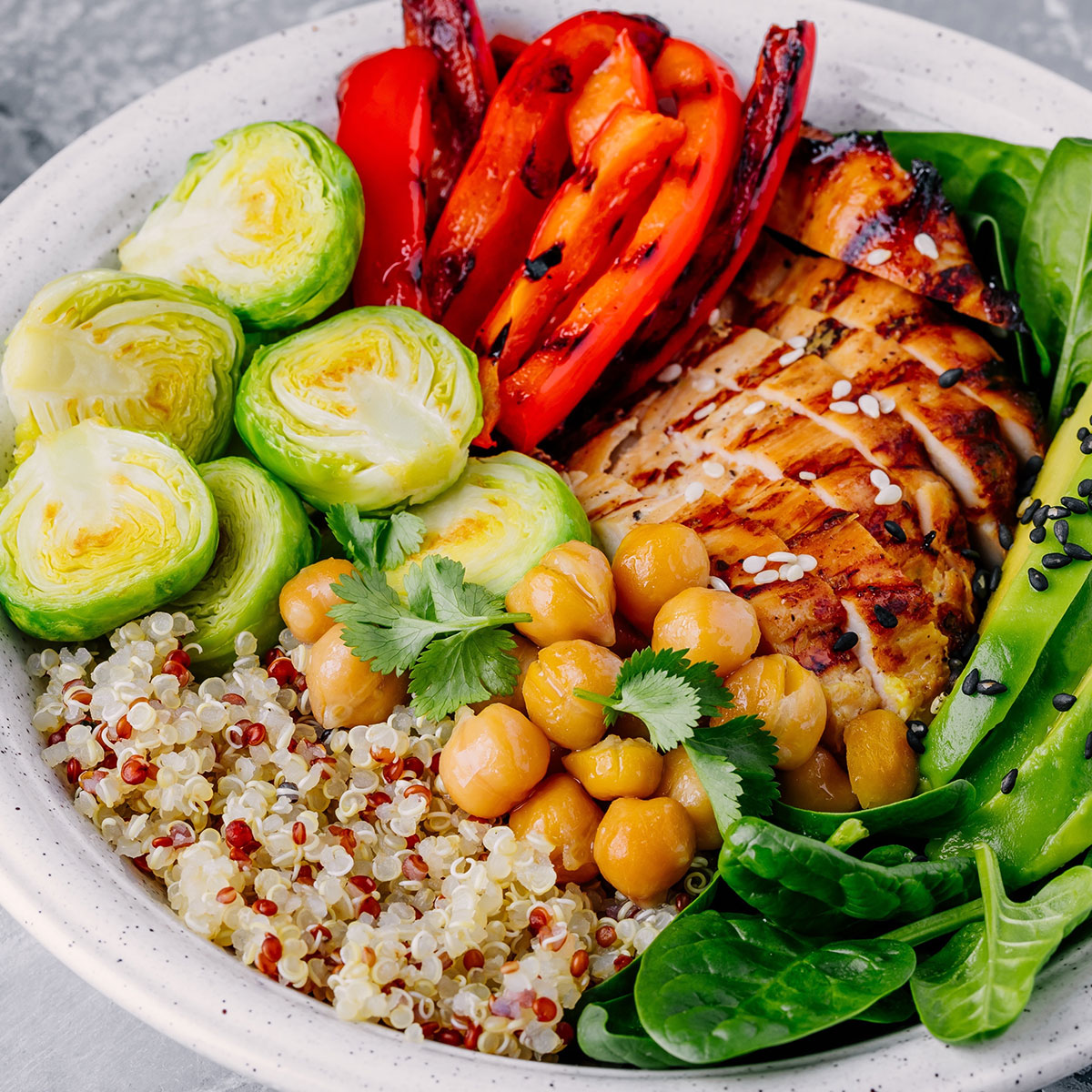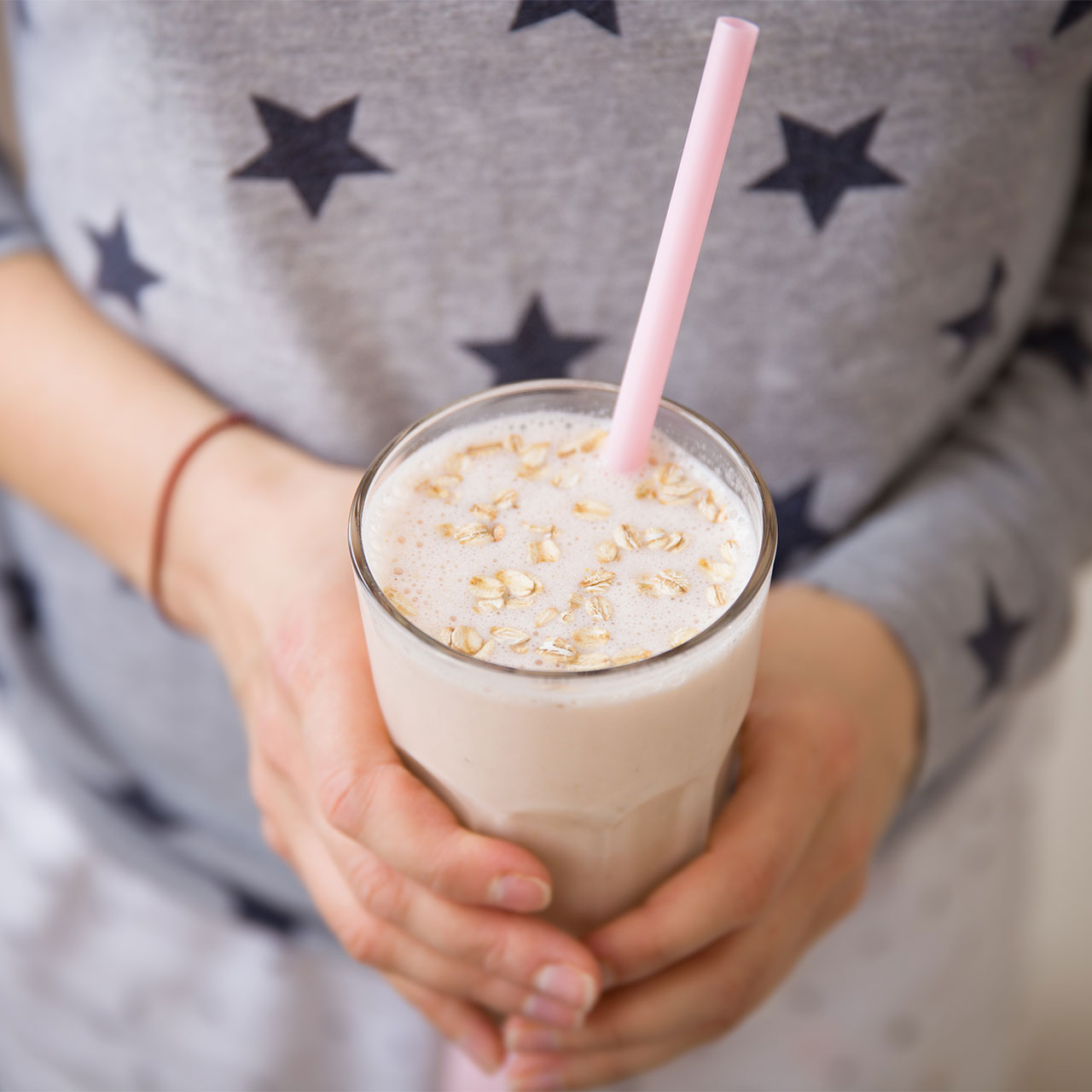This is an archived article and the information in the story may be outdated. Please check the time stamp on the story to see when it was updated last.
Although establishing a healthier routine can be difficult, eliminating some everyday foods from your kitchen is a good way to start the process. Specifically, these foods are linked to unhealthy living habits and long-term consequences on your overall well-being.
Read on for the 4 foods no one should have in their kitchen anymore in 2020!


Processed Meat
Processed meats are typically high in salt, fats, and preservatives, making them super dangerous for a healthy diet. From deli meat to sausage links, these meats can negatively impact your long-term health.
According to WebMD, "People who eat a lot of these kinds of meats are more likely to get heart disease, diabetes, and even certain kinds of cancer."
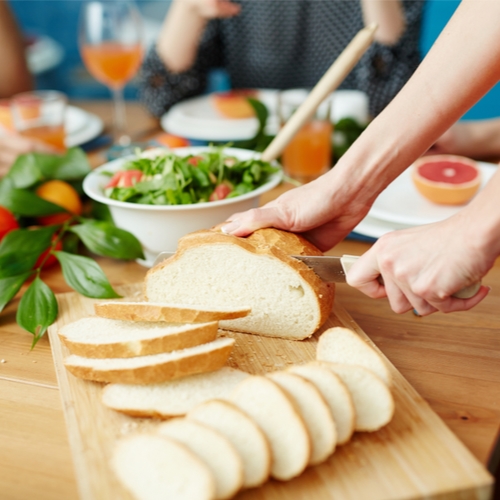
White Bread
If you're still eating white bread in 2020, it's time to re-evaluate. White bread contains highly processed carbs, making it a huge barrier between you and a healthy diet, as they lack fiber and often lead to blood sugar spikes.
"A high intake of simple carbohydrates, such as pre-made white bread, can lead to weight gain and a higher risk for diabetes, heart disease, and other lifestyle-related chronic conditions," Medical News Today explains.

Candy Bars
Candy bars are another indulgence that can have serious ramifications on your health. With saturated fat, sugar, and calories, these treats are best consumed once in awhile.
If they are part of your regular diet, they can lead to serious health problems such as high blood pressure, stroke, and heart disease.
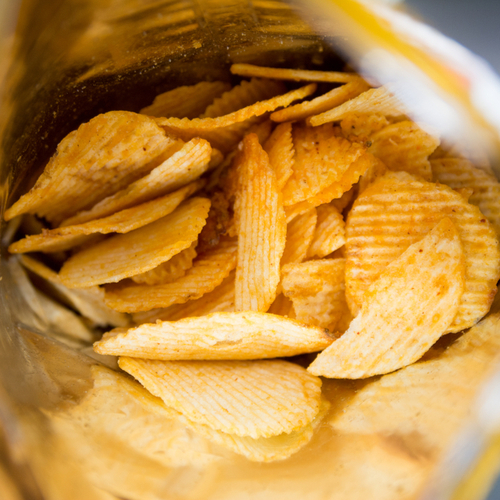
Potato Chips
Potato chips are a popular snack for anyone who loves salty food, but you should probably stop buying them in 2020.
Potato chips are high in sodium and fat with little nutritional value, making them a dangerous part of your diet.
Specifically, these high levels of sodium can raise your blood pressure and increase your risk of heart disease.







